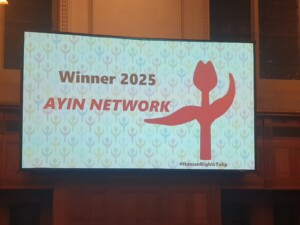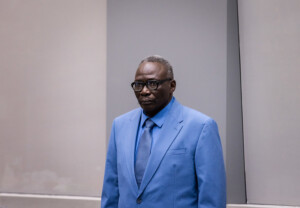Sudan OCHA bulletin 25: Influx of South Sudanese refugees into Sudan continues
Between 4 and 17 June, more than 15,600 people crossed into Sudan, of whom nearly 9,200 arrived in Kharasana, West Kordofan.
Refugees continue to arrive in Kharasana in Keilak locality at a rate of 100 to 150 people a day, the UN Office for the Coordination of Humanitarian Affairs (OCHA) in Sudan reported in its latest weekly bulletin.
Those arriving are in poor physical condition, having had little or no food and water on the journey. Nearly 7,000 of the new arrivals are children, of whom 3,496 are children under the age of five.
Between 4 and 17 June, more than 15,600 people crossed into Sudan, of whom nearly 9,200 arrived in Kharasana, West Kordofan.
Refugees continue to arrive in Kharasana in Keilak locality at a rate of 100 to 150 people a day, the UN Office for the Coordination of Humanitarian Affairs (OCHA) in Sudan reported in its latest weekly bulletin.
Those arriving are in poor physical condition, having had little or no food and water on the journey. Nearly 7,000 of the new arrivals are children, of whom 3,496 are children under the age of five.
Representatives of Unicef, UNHCR, the World Food Programme (WFP), the International Organization for Migration (IOM), the World Health Organization (WHO) and OCHA recently conducted an inter-agency assessment mission conducted in the area of Kharasana.
According to the mission, the newly arrived refugees are in need of food, emergency shelter and household supplies, as well as water, health and sanitation services. The refugees are currently taking shelter in an oil company compound, in school buildings, and in market shelters. Some are being hosted by other South Sudanese refugees who arrived last year, while many others are living in open areas and under trees.
The government’s Humanitarian Aid Commission (HAC) and local authorities have allocated land for a planned refugee reception centre in Kharasana. UNCHR will transport construction materials to the area once they receive permits.
Permit delays are also hampering the transportation of water, sanitation and hygiene supplies from El Fula, West Kordofan. Aid organisations have raised these permit issues and the importance of conducive operating conditions with the relevant authorities.
A nearby oil mining company is now transporting six to seven barrels of water to the refugees each day.
Relief for some 23,000 displaced in North Darfur
Aid agencies continue to assist some 23,000 displaced people who were registered by IOM, across 11 villages in North Darfur’s Mellit locality. The people fled their homes after clashes broke out between the Berti and Zayadia tribes in February.
Some 8,600 people flee Wad Abuk in Blue Nile
On 14 June, HAC and national NGOs conducted a mission to Blue Nile state to assess the needs of people displaced there owing to fighting between government forces and the Sudan People’s Liberation Movement-North (SPLM-N) in the area of Wad Abuk.
According to the mission findings, an estimated 8,600 people fled their homes. 4,000 of them fled to other villages in Bau locality, and an estimated 3,600 people fled to Guli town in El Tadamon locality. The displaced in Guli are in urgent need of food aid, while those in Bau locality are in need of food, water and emergency household supplies.
Jebel Marra displaced arrive in Zalingei, capital of Central Darfur
An inter-agency assessment mission identified about 320 newly displaced from North Jebel Marra locality (Rokoro locality) at the Hassahissa and Hamidiya camps in Zalingei.
The people arrived at the camps early June, fleeing the violence that broke out in their home area on January. They are in need of food, emergency household and shelter supplies, as well as health, nutrition, water and sanitation services.
Read the complete news bulletin here.











 and then
and then